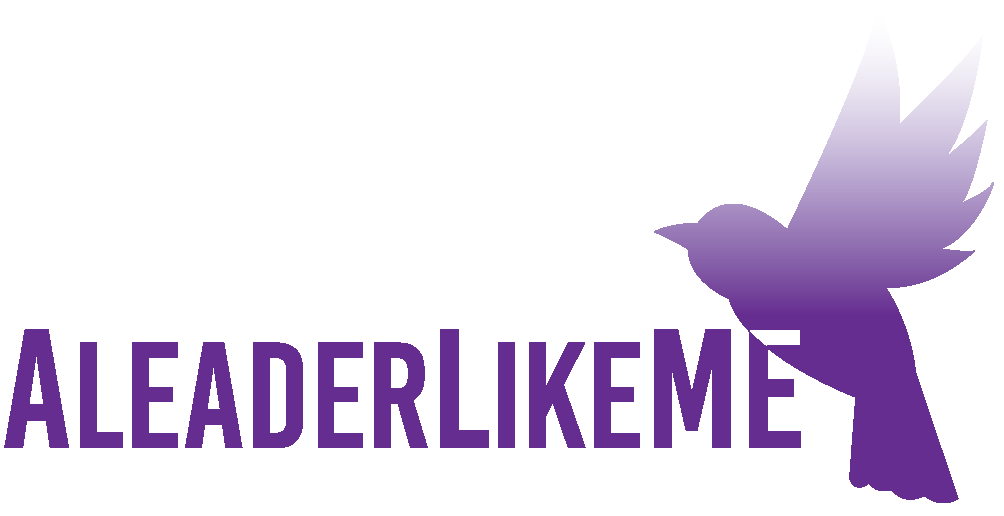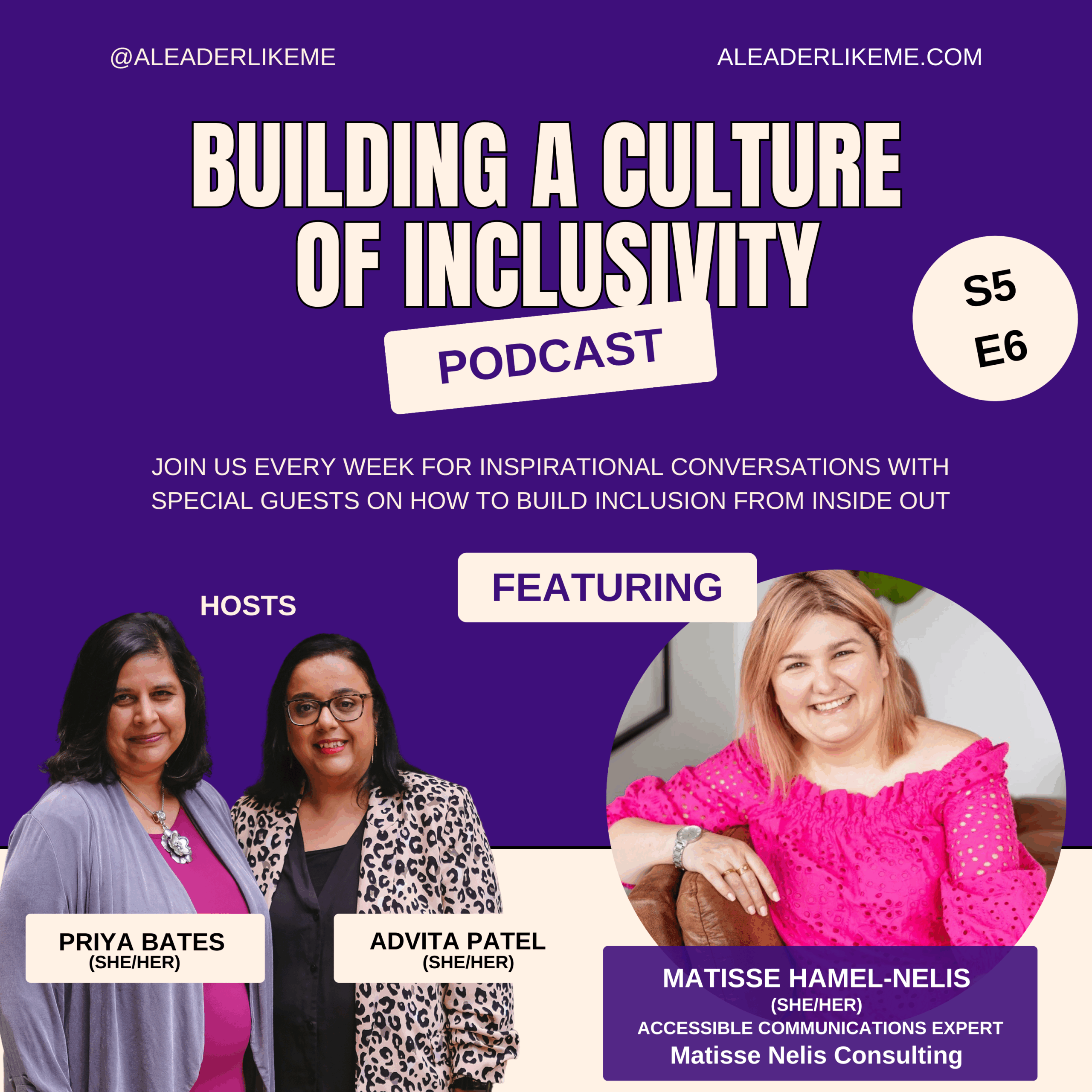I first became aware of Sam* when my manager at the time told me we had merged with an organisation and we were going to inherit a new communications lead. My manager had a meeting with Sam first, and when she came back from the conversation, she said: “It went ok, but I think she might be a bit of a challenge!” I thought ‘oh great, someone who is going to be hard work, that’s all I need.’
I was due to meet Sam at a meeting we had both been asked to attend together. I stepped into the room, and this beautiful vibrant black woman greeted me. She was the first non-white communicator I had ever worked with. Her smile lit up the room, and I instantly connected with her.
The first time I came across what I now know is known as a ‘microaggression’ towards Sam was when she asked for a special chair as she’d recently come out of breast cancer surgery and she couldn’t use her arm properly. Her request for a new chair was agreed, but afterwards, someone piped up and said: “I hope that means she’ll do some proper work now!” I was taken aback and couldn’t believe someone could be so callous about a woman who had gone through such a traumatic experience.
Just before I left the organisation, I had a meeting with Sam, and we started to talk about her health. She shared with me some of the conversations that had taken place and how she felt she was being penalised because she couldn’t work like she used to. I tried to reassure her, and she said: “The thing is Advita, I’m a black woman, and you’re Asian, people won’t like us stepping above our station and if we want to progress we need to work harder than everyone else!”
About six months after I left that organisation, I misdialled, and Sam picked up the phone.
“Oh, it’s so lovely to hear your voice!” she said after I apologised for ringing her by mistake.
“How are you doing Sam?” I asked, a bit embarrassed that I hadn’t stayed in touch.
“Not too great, I’ve been diagnosed with terminal cancer, but I’m determined to fight this thing!”
She went on to say that her final couple of months at the organisation had been a bit tough, but she was focusing her energies on getting better. Before I finished the call, she said she was really happy for me and pleased that I was doing so well. I wished her well and said I’ll speak to her again soon. Two months later, she passed away.
During the time I worked with Sam, I heard microaggressions about her which made me feel uncomfortable, but do you know what? I didn’t say anything. I dismissed it as me misinterpreting what they were saying or convincing myself that I was too sensitive.
Sam was a great supporter of mine, and she took me under her wing. I am ashamed that I didn’t challenge some of the microaggressions she faced, and I didn’t champion her the way she did me. I have absolutely no doubt in my mind that if a white woman went through what Sam did, then her experience at this organisation would have been very different.
After I found out Sam had passed, I made a vow not to take things lying down. That I was going to speak the truth and be the change I wanted to see. I was going to stand up to unfairness and tell people if I thought they were discriminatory. I know it hasn’t done me many favours with certain people, I know I’ve lost opportunities because some people think I’m too much of a disruptor but do you know what, I don’t give a flying duck.
We all have a big part to play if we want to see change. We can’t afford not to rock the boat because we’re worried that we might not be accepted, or we might not get a promotion. If I had stood up for Sam more, I’m pretty sure she’d have had a much better experience towards the end of her life, and that is something that will stay with me forever.
As Michelle Obama said: “Every day, you have the power to choose our better history – by opening your hearts and minds, by speaking up for what you know is right!”



